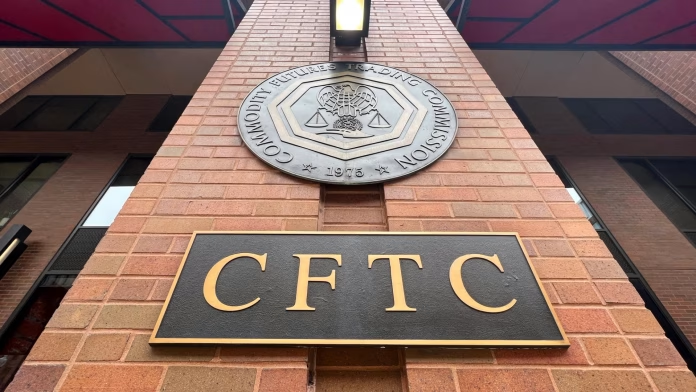Pham stressed the importance of looking beyond domestic rules when it comes to digital assets.
She pointed out that the U.S. can rely on existing mechanisms like mutual recognition and substitute compliance—tools that have been part of the regulatory playbook since the Dodd-Frank era. These frameworks, she explained, make it possible for U.S. markets to work with foreign crypto platforms while avoiding long regulatory delays, ensuring quicker access to global liquidity.
She cited the example of the European MiCA regulation, which is already in effect and covers the digital asset market. According to her, there is no point in the United States “reinventing the wheel” when it can use ready-made international standards and harmonize the rules, avoiding regulatory arbitrage.
Discussion of approaches CFTC
The “use old laws for new technologies” approach has both pros and cons.
On the one hand, it ensures speed and legal certainty.
On the other hand, such a framework may not take into account the unique features of the blockchain: the immutability of smart contracts, the risks of self-storage, and multi-signature wallets.
In essence, we are talking about a two-stage strategy: first, integrate digital assets into an already working system, and then, having gained experience, develop special rules if necessary.
What’s next of CFTC
The SEC and CFTC are already planning a joint roundtable at the end of September. There, they will probably discuss possible legislative amendments and targeted exceptions. In parallel, consultations on the initiatives of the President’s Working Group are continuing.
The idea is simple: use what is already working, and in parallel prepare for future regulation. As Pham emphasized, the main thing is not to waste time and not give leadership to other countries.
Kelman Law lawyers continue to monitor the development of the regulatory framework in the United States and abroad, helping clients navigate the rapidly changing legal landscape of digital assets.

